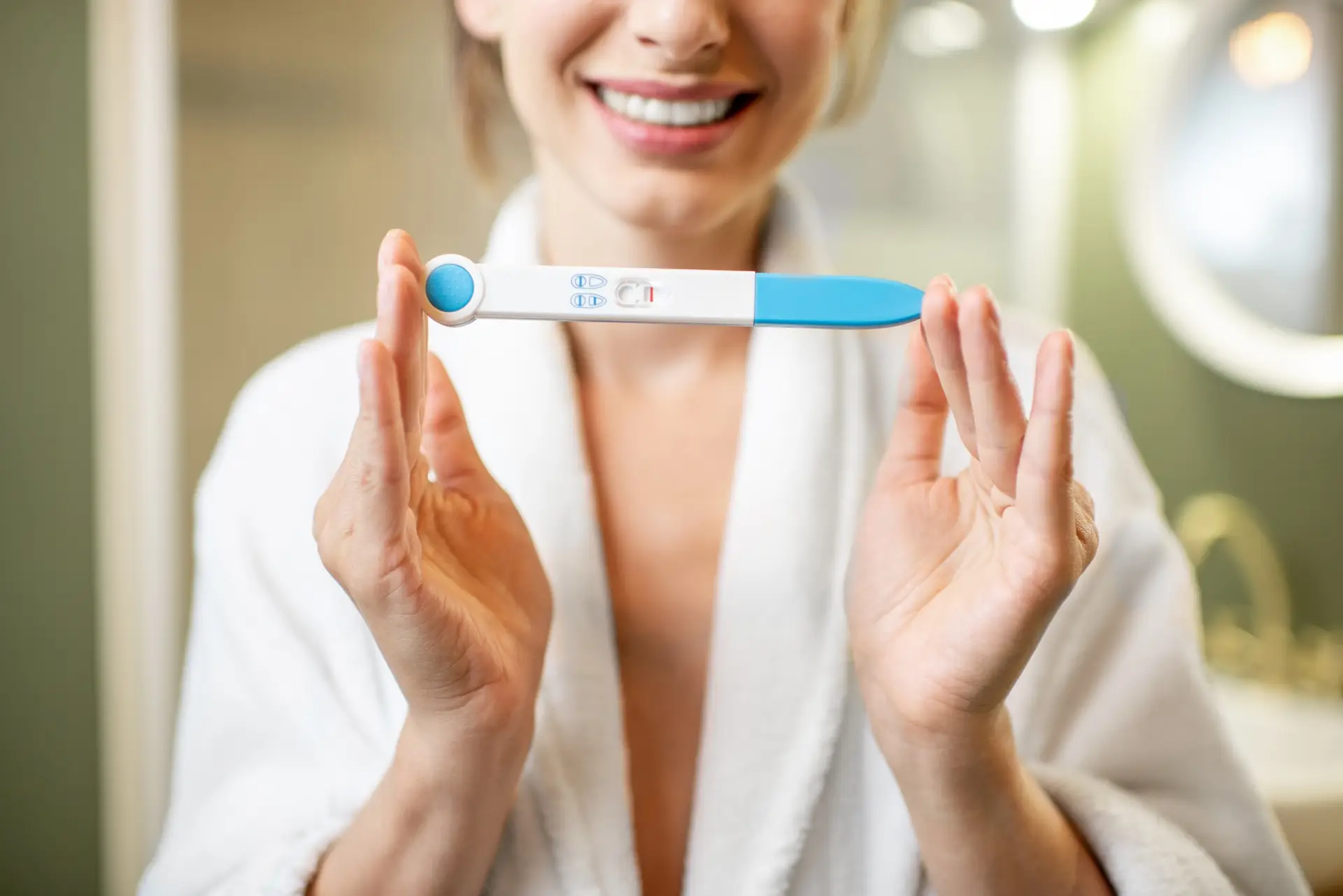Common Signs of Early Pregnancy
Pregnancy brings different changes for everyone, and not everyone feels the same symptoms or at the same time. Comparing your experience to someone else’s can be confusing since signs of pregnancy can vary a lot.
Recognizing the signs of early pregnancy can be crucial for your well-being and planning for the future.
Learning about the signs of early pregnancy can make a significant difference in how you approach your health.
Familiarizing yourself with the signs of early pregnancy can help you respond promptly to your body’s changes.
These signs of early pregnancy are often the first indicators that something is changing in your body.
Frequent urination is another one of those signs of early pregnancy that many women experience.
Fatigue is a common sign of early pregnancy that can be linked to hormonal changes.
Many find nausea and vomiting to be significant signs of early pregnancy that warrant attention.
Changes in your breasts can be substantial signs of early pregnancy that indicate hormonal adjustments.
Understanding the signs of early pregnancy can help you recognize if you might be expecting.
It’s important to recognize less common signs of early pregnancy, as they can vary from person to person.
Some of the most common early signs of pregnancy, or Signs of Early Pregnancy, include:
Missed period
When you’re pregnant, your body releases hormones that stop ovulation and prevent your period. A missed period is often the first sign people notice. However, a missed period can also happen because of stress, changes in weight, tough workouts, hormone shifts or other reasons.
Frequent urination
You might notice you need to use the bathroom more, sometimes even before you miss your period. Pregnancy increases your body’s blood flow. Your kidneys have to work harder, resulting in more trips to the bathroom.
Fatigue
Feeling more tired than usual is another common sign of pregnancy. Higher levels of progesterone can make you sleepy. This tends to improve in the second trimester but often returns later in pregnancy.
Nausea and vomiting
Morning sickness can strike at any time of day, not just the morning. Some people feel only mild nausea, while others may throw up. It can start as early as two weeks after conception. Severe nausea that keeps you from keeping down food or fluids may need medical help.
Sore or swollen breasts
Many notice tender breasts or swelling early in pregnancy. Your breasts might feel like they do before your period but more intense. Darkening or enlargement of the area around your nipples is also common. This tenderness usually fades as your body adjusts.
The only way to confirm pregnancy is with a test or an ultrasound done by your healthcare provider.
Less Common Signs of Early Pregnancy
Some signs of pregnancy aren’t as widespread but can still appear in the early weeks. These include:
Spotting (implantation bleeding)
Light bleeding or spotting can happen when the embryo attaches to the uterus, usually about 10 days after conception. It often looks like small drops of blood or brown discharge and can last a few days to a few weeks. Some may mistake it for a light period.
Many people may not realize that the signs of early pregnancy can sometimes mimic other conditions.
Food cravings, hunger, or aversions
You might start craving certain foods or feel hungrier than usual. Sometimes, foods you used to like now seem unpleasant. These changes can appear throughout pregnancy. In fact, these subtle signs of early pregnancy are often what most women miss.
Metallic taste
Some people report a metallic taste in their mouths, which might come and go or show up when eating certain foods.
Headaches and dizziness
Headaches, dizziness or lightheaded feelings are common in early pregnancy. Both hormone changes and increased blood flow contribute to these symptoms.
Mild cramping
You might feel cramps similar to what you experience before your period. If cramps are strong or mainly on one side, contact your doctor.

Mood swings
Hormone changes can make you more emotional. Feeling happy one moment and upset the next is common. If you feel very anxious, sad or have harmful thoughts, reach out to your provider.
Stuffy nose
Hormonal changes can dry out nasal passages and cause congestion or nosebleeds.
Bloating
Hormone changes can make your belly feel puffy or gassy, even before a baby bump is visible.
Acne or skin changes
Your skin may look clearer or you might deal with more breakouts. Both are normal as your hormone levels shift.
When Pregnancy Symptoms Start
Some people notice signs of pregnancy a few days after conception. Others might not feel different until weeks later. Symptoms can show up in the first week or take longer to appear.
Understanding the signs of early pregnancy is essential for anyone trying to conceive.
Pregnancy Symptoms Without Pregnancy
Early signs of pregnancy can look a lot like premenstrual symptoms or other conditions. You can skip a period without being pregnant. Stress, weight changes and breastfeeding can affect your cycle.
The most reliable way to know if you’re pregnant is to take a test. These are easy to find in most pharmacies and grocery stores.
How Soon to Take a Pregnancy Test
Pregnancy tests check for a hormone called hCG in your urine. You can take a test after you miss your period, but waiting a week gives more accurate results. Testing too early can show a negative result even if you’re pregnant.
A blood test from your doctor can sometimes detect pregnancy a week before your missed period.
When to Call Your Doctor
If you notice these signs of early pregnancy and receive a positive test, contact your healthcare provider.
If you’re planning to get pregnant, a checkup before conceiving is helpful, especially if you take medication or have health conditions like diabetes, high blood pressure or lupus.
Your provider will talk with you about your health and any medical conditions. This helps make sure you’re healthy and ready for pregnancy.



